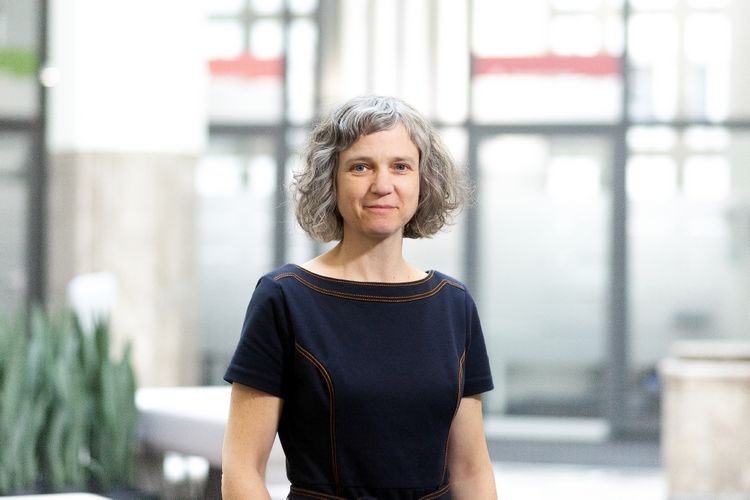Professor Möhring: What does the congress mean to you as Professor of Comparative Cultural and Social History of Modern Europe and what is your keynote address about?
Professor Maren Möhring: The joint congress of the German Obesity Society (DAG) and the German Society for Eating Disorders (DGESS) in Gera offers me, as a historian, the opportunity to join an interdisciplinary discussion of ideas about nutrition, health and the body. The close link between diet and health that we see today is a modern phenomenon. It is only since the ‘scientification’ of nutrition and the human body, particularly from a natural science perspective – for example in the form of energy input-output models (food ingested versus energy expended through work and exercise) – that dietary behaviour has become a central factor in maintaining health. From this perspective, modern regulation of eating behaviour is often based on calorie calculations and no longer primarily, for example, on religious dietary rules.
In our keynote, Nina Mackert and I want to raise awareness of the historical conditions that have led to such a specific link between diet and health, and thus to make visible seemingly self-evident connections as historical phenomena. This also means differentiating common narratives such as “from scarcity to abundance” and showing, for example, that even in today’s supposedly abundant societies there are shortages: shortages of financial resources to be able to afford food that is considered to be of high quality, but also of good infrastructure to provide for everyone. As we are speaking at the congress of the German Obesity Society, we also want to show from a socio-historical perspective how corpulence, which was also a symbol of prosperity in Western societies until well into the 1800s century, was successively devalued and fat people were increasingly stigmatised in the course of the 20th century. They were, and still are, often accused of lacking self-control and being a burden on the health system. In liberal and especially neoliberal societies, the responsibility for one’s own health has been increasingly transferred to the individual. These social frameworks are as important as nutritional or medical knowledge in understanding human diets and body practices in all their complexity and variety.
What are you currently researching?
In the Global Health working group as part of the LeipzigLab, I’m currently leading a DFG project together with Marian Burchardt, Nina Mackert and Caroline Meier zu Biesen. It is entitled Pandemic Space: Understanding Quarantine and Responsibilization in Times of Corona. As the COVID-19 crisis powerfully demonstrated, pandemics are fundamentally spatial phenomena that require a reorganisation of human-pathogen interactions. In our response to the pandemic, quarantine measures played a prominent role and were unprecedented in their scope, targeting not only specific groups but entire populations. We are particularly interested in the fact that, and how, techniques of self-isolation, mobility restriction and social distancing build on responsibilization strategies that ask individuals to take responsibility for their own health and that of others. The COVID-19 pandemic is, of course, a central theme of our proposed Cluster of Excellence’s examination of New Global Dynamics, which include changing human-environment relationships in the Anthropocene, and hence new diseases. These need to be addressed in an interdisciplinary way in conjunction with the natural sciences – a vital attempt to think through the multiple crises of the present in their complexity.
How can issues like those discussed at the conference fit into the dynamics and crises that can be observed today?
The World Health Organisation has identified obesity as a major global health challenge. The term ‘globesity’ is intended to capture this new global dynamic in nutrition and health. As historians, Nina Mackert and I try to approach the topic of globesity not only from the medical, nutritional or psychological side, but to make it clear that numerous social, socio-cultural and economic factors play an equally important role and that without including knowledge from the social sciences and history, our insights into the crises of the present remain far too superficial and limited.






























































